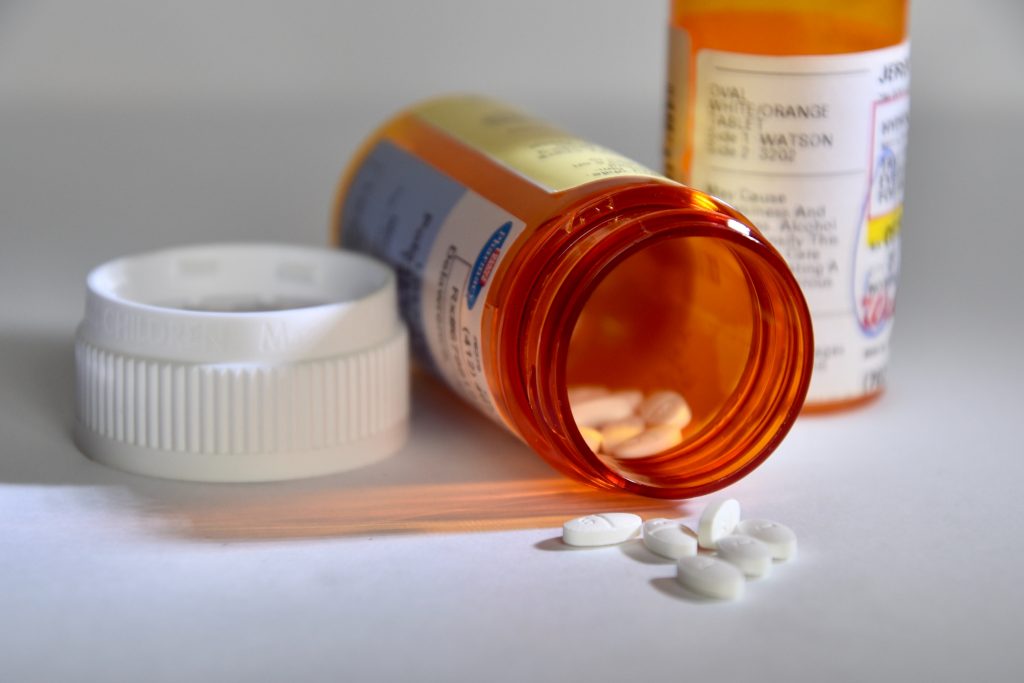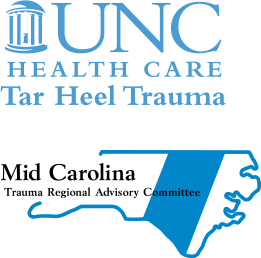
The following column was published in print in News of Orange County. It appeared in Orange Partnership for Drug & Alcohol Free Youth’s monthly column “Talk it UP!”
While the COVID-19 pandemic has been the crisis at the forefront of everyone’s mind for the past year, the opioid crisis has continued to persist — even accelerate. The Centers for Disease Control and Prevention reported over 81,000 drug overdose deaths nationwide from June 2019 to May 2020, making it the highest number ever recorded in a 12-month period. In North Carolina, opioid overdose emergency department visits increased 23% from 2019 to 2020, according to the state Department of Health and Human Services. In Orange County, Emergency Services has seen the number of opioid overdoses increase by 30% in 2020, with 12 overdoses occurring already in 2021.
These alarming statistics emphasize the need to take action to combat the opioid epidemic. Two of the easiest and most impactful actions include safely disposing of medication that is no longer needed and securely storing those that are still needed in a lock box at home.
An average of six people each day died from unintentional medication or drug overdose in 2019 in North Carolina, according to the state Department of Health and Human Services. Angie Thomas, a mother who is an advocate for issues related to addiction and involved with the Orange Partnership for Alcohol and Drug Free Youth, lost her daughter in 2016 at the age of 21 to an overdose. From her own experience, Thomas now raises awareness about the importance of ensuring all medications are secured in the home. While it may not seem like a big deal to have medications lying around in the home, it could easily lead down a tragic path. Thomas’ daughter was prescribed the painkiller oxycodone after having spinal surgeries. However, after she stopped giving the medication to her daughter, Thomas kept the medication in the house not knowing her daughter had become addicted. But she soon realized her daughter was sneaking the medication since they were available and unsecured in the home. This started what Thomas described as her daughter’s long road with addiction. As a result, Thomas urges parents and family members to dispose of all unneeded drugs. This is especially important given that 53% of people who misuse prescription medication obtain them from family and friends, according to Lock Your Meds NC. Thomas said removing medicine from the home is an easy and impactful step in combating opioid addiction.
One easy way to dispose of medications is by participating in upcoming Operation Medicine Drop events. Operation Medicine Drop is a free drug take-back program that provides an opportunity for community members to dispose of expired or no longer needed over-the-counter and prescription medications in a safe and secure way. Since the first take-back event in North Carolina in 2010, Operation Medicine Drop has collected more than 232 million pills and helped stop prescription drugs from falling into the wrong hands.
In addition to these events, over the past decade, nine permanent medication drop boxes have been established by the Orange Partnership for Alcohol and Drug Free Youth, law enforcement agencies and pharmacies across Orange County. While some locations are currently closed at this time due to COVID-19, the following locations are open and accepting any unwanted or expired medications.
- Hillsborough Pharmacy
- Hillsborough Walgreens
- Carrboro Police Department
- Orange County Sheriff’s Office
Medications not properly disposed of may end up in the wrong hands or contaminate the water supply, so please take advantage of upcoming Operation Medicine Drop events and drop box sites to do your part to combat the opioid epidemic that has ravaged our nation, state and community. It is an easy step to take and could save a life.
Story written by Rachel Crumpler, UNC Tar Heel Trauma Program’s communications intern.

